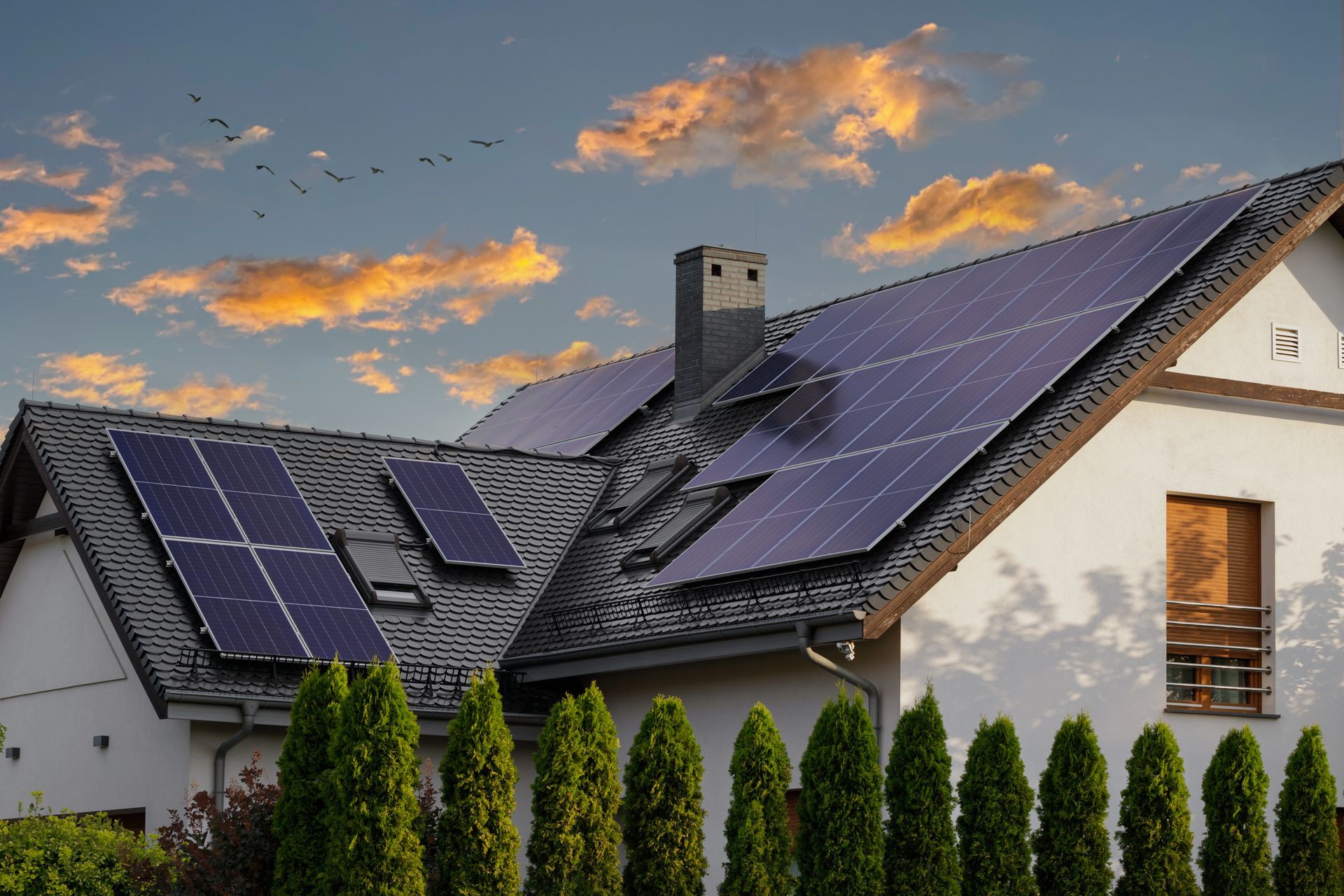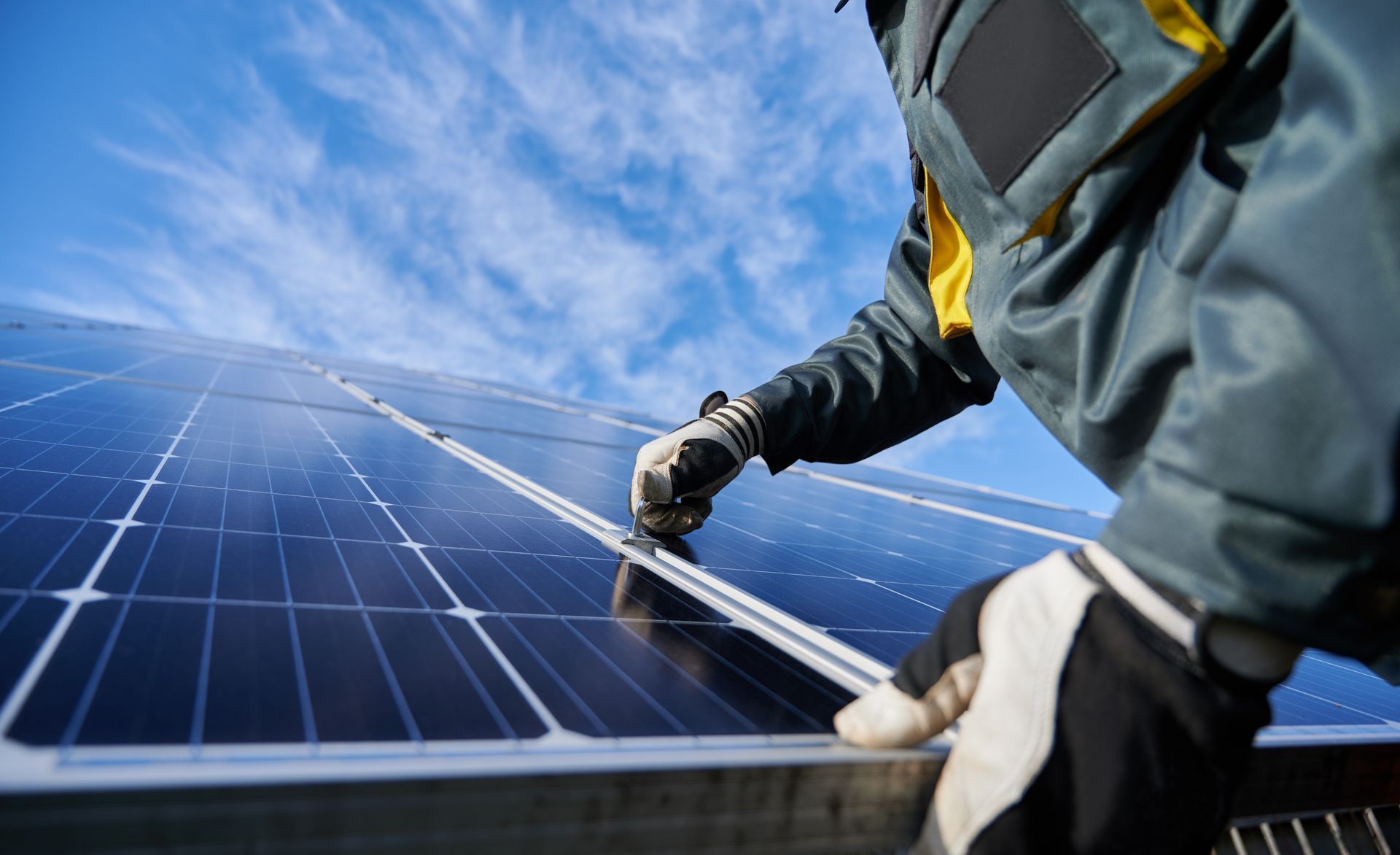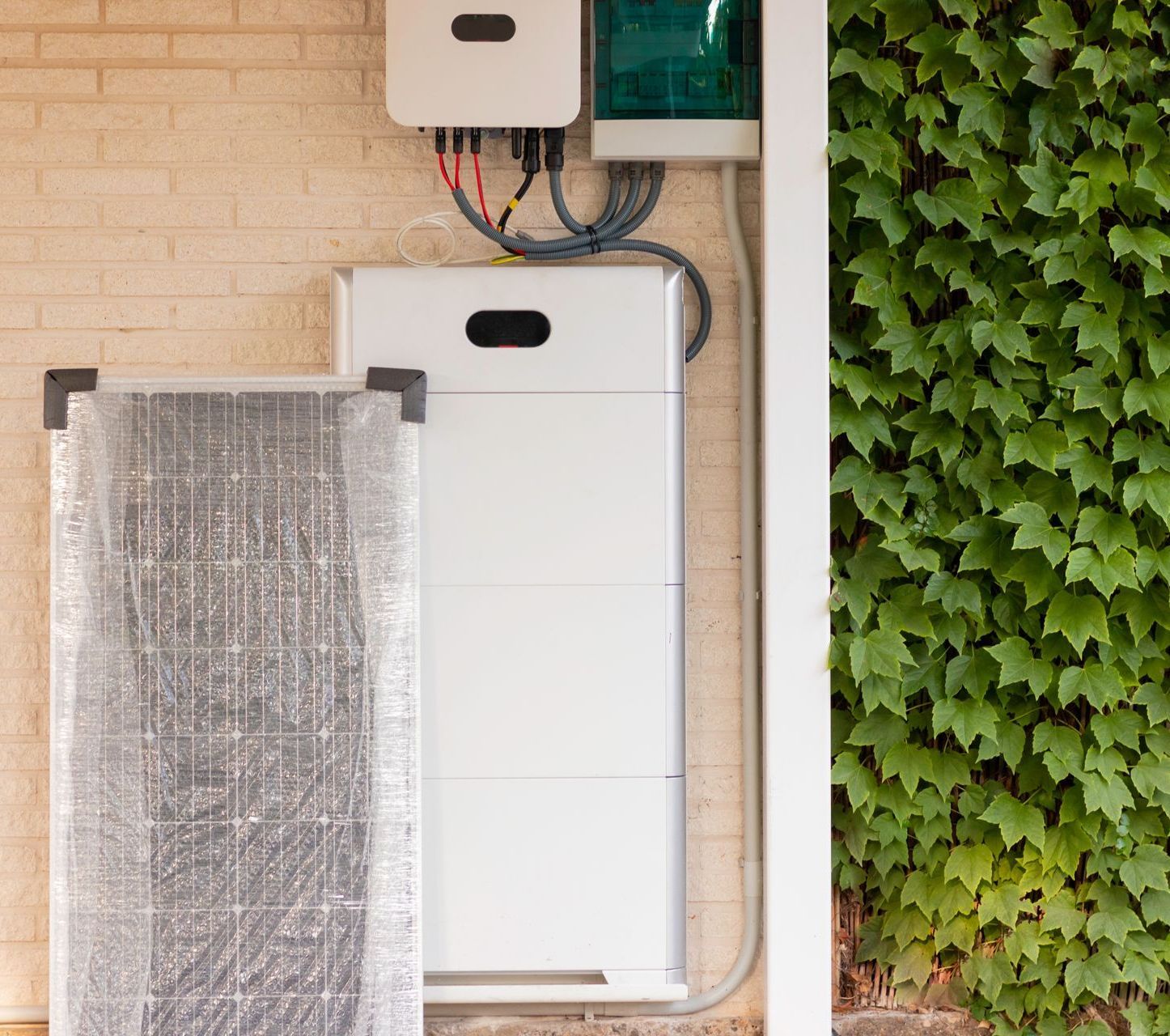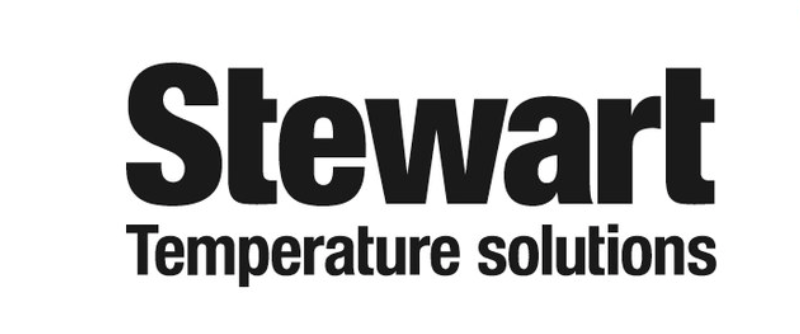Solar PV + Battery Storage
- Solar panels convert sunlight into electricity
- Lower your homes CO2 emissions
- Supply your own green energy
- Require minimal maintenance
- Future-proof your home


How will solar panels benefit me?
1. Renewable Energy Source: Solar panels utilise sunlight, a virtually endless and renewable resource, to generate electricity. Unlike fossil fuels, which are finite and contribute to environmental pollution, solar energy offers a sustainable solution for meeting our energy needs.
2. Cost Savings: Installing solar panels can lead to significant long-term cost savings on electricity bills. Once the initial investment is made, solar energy production is essentially free, reducing reliance on traditional utility providers and offering protection against rising energy prices.
3. Environmental Impact: Solar panels produce clean energy with zero greenhouse gas emissions or air pollutants. By opting for solar power, individuals and communities can reduce their carbon footprint and contribute to mitigating climate change, preserving ecosystems, and safeguarding public health.
BATTERY STORAGE
You aren't required to install a battery for your solar panels to function, but having one can optimise the utilisation of the energy generated by your panels.
Solar panels generate electricity during daylight hours, allowing you to use this solar energy instead of purchasing it from your utility provider.
However, they are inactive at night, when energy consumption is typically highest. In such instances, without a battery, you'll revert to drawing electricity from the national grid, incurring costs. With a battery, any surplus energy stored during the day can be utilized during nighttime hours, diminishing your dependence on the grid for power.

FAQs:
Interested in our services? We’re here to help!
If you are looking for solar panels and battery storage, get in touch with our team to arrange a property or site visit.








